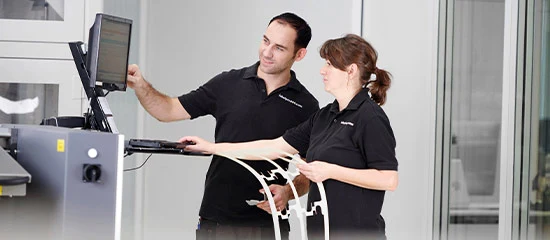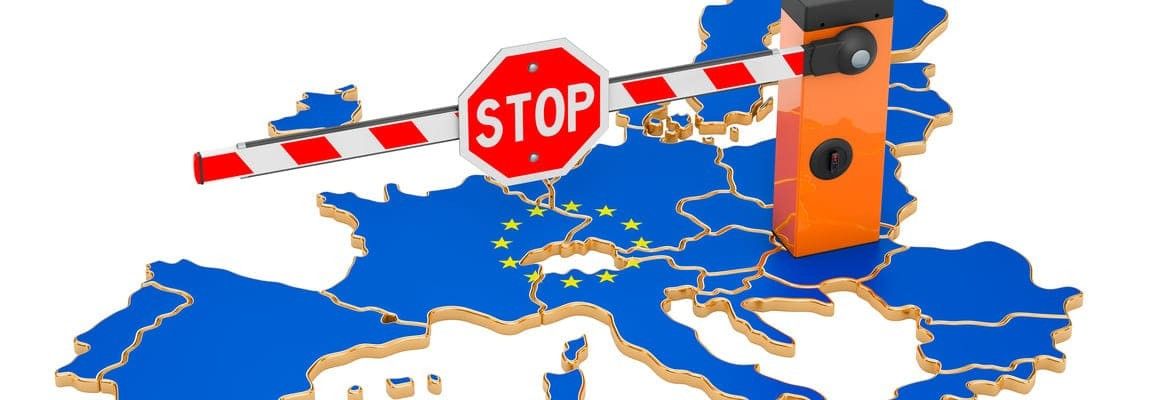Do you want to break new ground with your company and trade across European borders? In this case, you cannot avoid EORI numbers. What EORI numbers are and what significance they could have for your company's next steps is explained below.
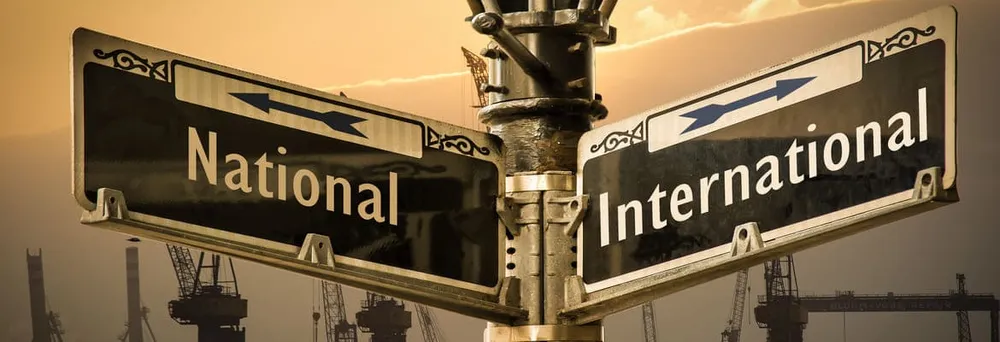
EORI numbers defined
The abbreviation EORI stands for Economic Operators Registration and Identification Number. This is basically a registration and identification number for economic operators who are in contact with the European customs authorities through trade.
German Customs defines the group of economic operators as follows:
"Economic operators are persons who, in the course of their business, are involved in activities covered by customs legislation."
This means that companies and individuals involved in the international transport of goods are considered economic operators and are obliged to use an EORI number.
About EORI numbers
The EORI number was introduced at European level in 2009 and is essentially an extended form of the German customs number.
EORI numbers are used to identify and register economic operators who are in contact with national customs administrations in the European Union. It is required for all customs-related actions in Europe.
If you as a company want to sell your goods outside the European borders, an export of goods is necessary, which is monitored by customs. For example, if you deliver your products to a Chinese wholesaler, you need an EORI number to export your goods. The responsible customs authority can easily identify who imports and exports goods in packaging.
EORI numbers thus form an important basis for international trade, offer security and relieve the automated processes of customs in Europe.

Who should apply for an EORI number?
Not only international companies are confronted with the transport of goods, which is considered an act under customs law, but also smaller businesses and private individuals.
The question is: Can every individual be obliged to apply for an EORI number?
The answer is yes. In addition to the international export and import of goods by companies, customs law can also be affected in other situations. Private individuals, for example, may also be required to apply for an EORI number if they make more than nine customs declarations.
A customs declaration is made when a person or company shows an intention to place goods under a particular customs procedure. The legal basis for this is the Union Customs Code.
Private individuals are also obliged to apply for an EORI number if the goods are consignments subject to authorisation. These are checked by the Federal Office of Economics and Export Control (BAFA). In this case, everyone is obliged to apply for an EORI number.
In certain circumstances, a separate EORI number is not required as an exception.
If private individuals are represented by a postal and transport service provider, a separate EORI number is not necessary.
For large companies with several locations, it should be noted that branch offices or permanent establishments cannot make their own application. Different locations are registered under the EORI number as a branch and assigned to their head office. The background to this is that individual permanent establishments usually do not have legal capacity themselves. Even if they have a registered office in different countries, both companies and private individuals can only have one EORI number.
When are EORI numbers needed?
In principle, EORI numbers become important when an economic operator affects customs law with an action. This can be the case with a simple customs declaration. For example, if you want to declare an export to customs, you must state your EORI number on the form. Furthermore, the EORI number is used in the following cases:
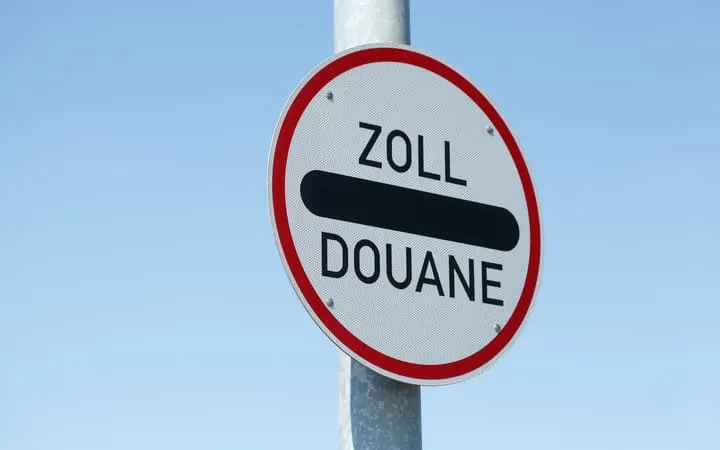
- Application system ELAN-K2 is a service offered by BAFA to facilitate the application for the declaration of a transport of goods.
- ATLAS system is a German IT system for the automatic handling of internal processes of the customs administration in connection with cross-border trade. IAA Plus is available for the electronic declaration of an export of goods.
- Entry and exit summary declarations are electronic customs declarations used by the German customs administration for the movement of goods outside the EU.
- A declaration for temporary storage must be applied for if the goods must still remain in the custody of customs.
It can thus be seen that the number facilitates communication between economic operators and customs authorities, but also between customs authorities themselves.
General structure of EORI numbers
The European identification number can have up to 17 digits and starts with a two-digit prefix defined by ISO 13166. ISO 1366 is a standard for country codes, such as DE for Germany or AT for Austria. This prefix is followed by an individual number combination, which has different numbers of digits depending on the country.
The resulting EORI number will appear on the invoice of the exported goods, for example, and enables the national customs authorities to assign it precisely when importing and exporting goods.
EORI numbers in country comparison
Germany
The German country code according to ISO 13166 is DE and occupies the first two digits of the EORI number. Since the Germans already had a similar system with customs numbers at national level before the introduction of the European system, DE is followed by the seven-digit customs number.
Since 2012, however, 17-digit EORI numbers have also been issued. The number of a German economic operator could accordingly look like this: DE55956677888.
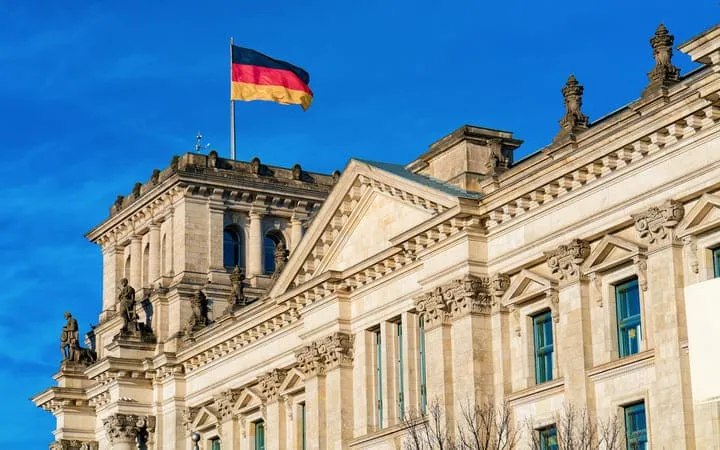

Czech Republic
Czech Republic EORI numbers begin with the ISO abbreviation CZE, which is followed by an 11-digit combination of numbers. For example, a Czech EORI number might look like this: CZE12335678912.
However, the registration of the identification number is only possible in the national language, which can be a hurdle for international applicants.
Sweden
The Swedish EORI number has more system compared to the key figures considered so far. The Swedish numbers start with the country code SE. The following three digits differ depending on the origin of the economic operator.
- Applicant is a Swedish citizen: SE + company registration number.
- Applicant is an economic operator outside the EU (with VAT registration in SE): SE + 302 or 502 + individual combination of digits.
- The applicant is a trader outside the EU (without VAT registration in SE): SE + 444 + individual combination of digits.
For example, a Swedish EORI number could look like this: SE3022345688. The Swedish system also allows registration in English.


Austria
In Austria, the EORI number starts with the country prefix AT, which is followed by a 15-digit number combination. The Austrian application starts with a form, which can be submitted online or by mail. Afterwards the applicant receives some data and documents by mail, which have to be signed and sent to the local customs office. Allow approximately 10 business days for processing. The application can also be submitted in English.
An Austrian EORI number could be for example AT123466789012345.
How to apply for your EORI number
The application for the EORI number is made in the country in which the company has its registered office. For applicants in Germany, this is done via the General Customs Directorate in Dresden. Economic operators based outside Germany are free to decide in which country they would like to apply for the EORI number.
The following factors might be helpful in choosing the country of application:
- The country offers application procedures in English.
- Import and export partners are located in the country.
- The country is already the registration country for OSS (One-Stop-Shop System).
None of the above is mandatory. However, it is a convenience to complete the application in a country that fits into at least one of the three categories.
The application can be submitted online, by mail, fax or email via antrag.eori@zoll.de.
The online application has been available since 2019 and is also called Internet Participant Application (IBA). Form 0870 is available for this purpose, which is straightforward to complete via PC. In addition, the customs website offers a completion guide for easier handling of the application. For the online application you need a valid ELSTER certificate.
It is important that the application is submitted in good time. Processing can take a few weeks in Germany.
When applying, you can agree to your data being passed on to a central European database. Data such as numbers, company name and registered office of the number holder will then be stored centrally. This system was developed by the European Commission and the member states in close cooperation. Access to this data is to be used only when required by legal regulations, for example when importing goods. Customs officials can then access the stored data.
EORI numbers have no expiration date and are valid throughout the EU. It is not possible to change the number, as it is issued once. Only the updating of the data is possible and also urgently necessary.
More detailed information can also be obtained from the Information and Knowledge Management (IWM).
The legal background
The underlying legal regulation is set out in Regulation (EC) No. 312/2009. It is part of the Customs Code, which defines the central European regulations for the work of national customs authorities.
The regulation obliges everyone with an EORI number to check and update their own data at regular intervals.
Our tip to you: check your EORI number before each customs declaration to ensure the smooth movement of goods.
The movement of goods without a valid EORI number is considered as trade with unregistered goods and will be punished.

Attention risk of confusion
In addition to the EORI number, there are numerous other key figures that become important when dealing with authorities. This can lead to quite a bit of confusion in some places.
To avoid confusion, you will now get a small overview of similar numbers:
Code number:
The code number is also used in connection with customs and the transfer of goods. Each good is assigned to a specific customs number to determine the appropriate customs tariff. It is an 11-digit number that might look like this: 9503 0095 00 0.
Value Added Tax ID (USt-IdNr.):
According to the Munich Chamber of Commerce and Industry, the USt-IdNr. serves "the unmistakable identification of companies and legal entities subject to VAT within the European Union. It is used to process intra-Community trade in goods and services for VAT purposes". ("Umsatzsteuer-Identifikationsnummer | IHK München") In Germany, the VAT ID begins with DE, which is followed by a unique nine-digit number combination. This could look like this, for example: DE 123456789.
Tax number:
The tax number, together with the tax identification number, is very important when dealing with the tax office. It enables the identification and classification of all taxable persons for the tax authorities and is issued when the first tax return is filed. A tax identification number has the following structure: 06/001/5822/0.
There are certainly other similar numbers in the whole bureaucratic apparatus. Therefore, a good documentation and information base is valuable.
For EORI numbers, the European Commission offers a free e-learning course where you can get the basic knowledge at first hand.
You can ask your individual questions at the telephone number 0351 44 834-540 and the e-mail address info.eori@zoll.de.
Conclusion
EORI numbers ensure greater efficiency in the European customs authorities. They secure the European movement of goods and structure it.


